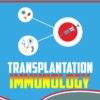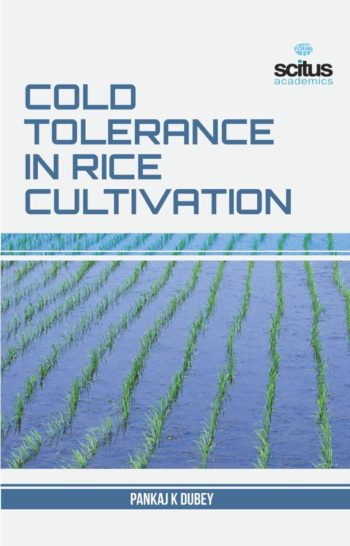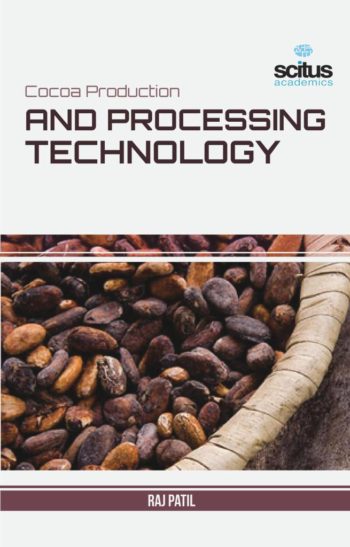Quantity and quality of dietary fatty acids affect immune responses in fish, and there emerge to be disparity among fishes, particularly between warm and cold water species, and with temperature in response to dietary lipids. Under rigorous culture conditions, fish are subject to improved stress owing to environmental (water quality and hypoxia) and health conditions. All these factors have negative impacts on fish well-being and general performance, with subsequent financial losses. However good management accomplish contribute to reduce stressor effects, stress susceptibility is always high under crowded conditions. Adequate nutrition is vital to avoid deficiency signs, maintain satisfactory animal performance and continue normal health. Further, it is becoming evident that diets overfortified with specific nutrients at specific levels may improve health condition and disease resistance. Diet supplements are also being evaluated for their antioxidant potential, as fish are potentially at risk of peroxidative attack because of the large quantities of highly unsaturated FAs in both fish tissues and diets.
This volume “Dietary Nutrients, Additives and Fish Health” is packed with comprehensive information of dietary nutrients, antinutritional factors and toxins, and non-nutrient dietary additives, and their effects on fish health and immune system functions. The book opens with an overview of Fish Nutrition and Current Issues in Aquaculture. Further chapters look into aquacultural safety and health, macronutrient requirements of silvery-black porgy, probiotics in aquaculture, digestive proteases in the green cichlid, lipid ratio on growth parameters of african catfish clarias gariepinus, effect of diethylstilbestrol (des) and 17 β-estradiol (e2) on growth, survival and histological structure of the internal organs in juvenile european catfish silurus glanis, and antibiotics and their use, abuse and alternatives, growth, and more. Functional constituents other than essential nutrients (such as probiotics, prebiotics and immunostimulants) are also currently being considered in fish nutrition aiming to advance fish growth and/or feed effectiveness, health status, stress tolerance and resistance to diseases. Such products are becoming increasingly significant for reducing antibiotic utilization in aquaculture farms, as these have environmental impacts, may gather in animal tissues and increase bacterial resistance.













